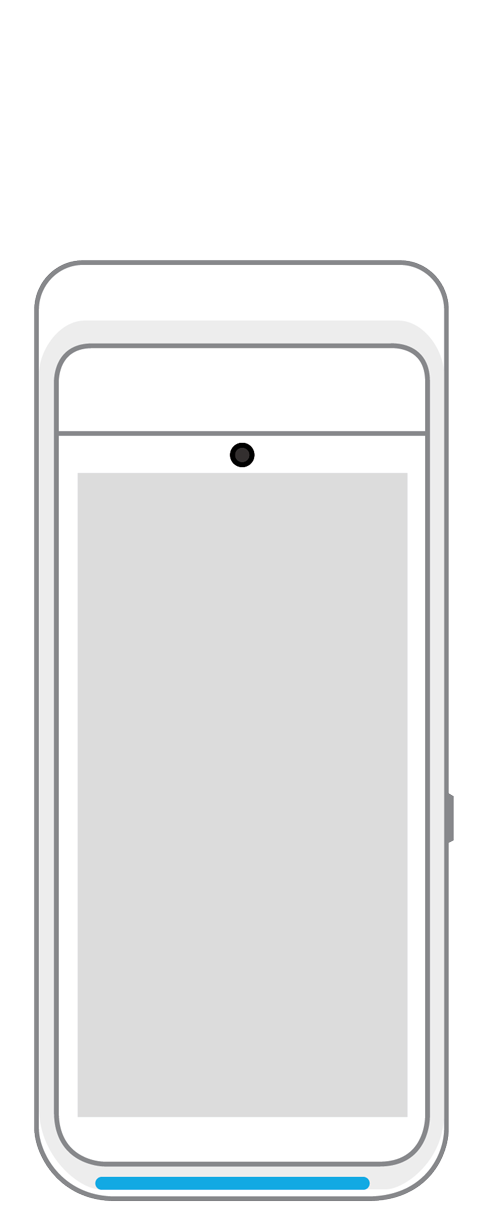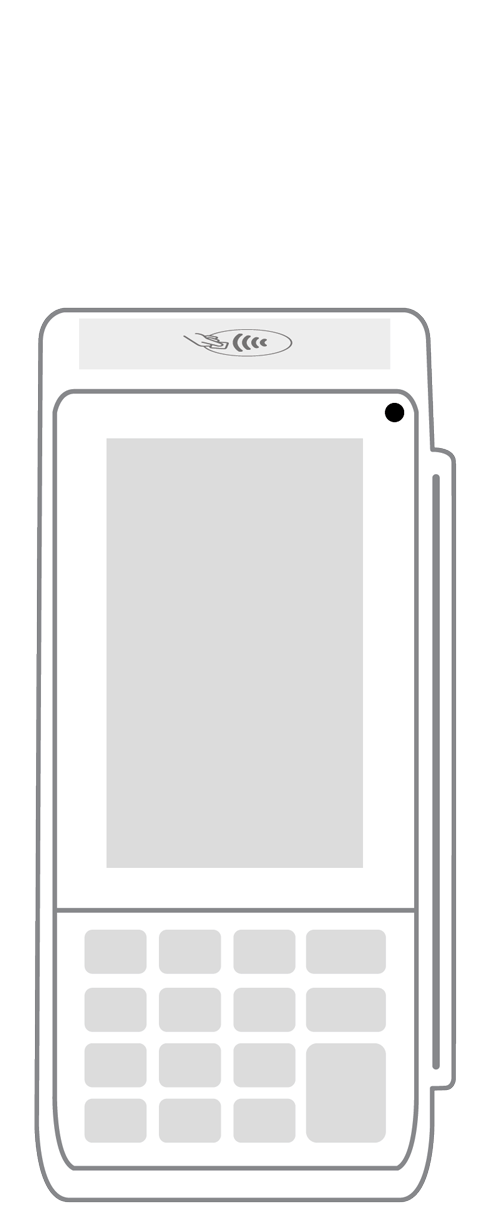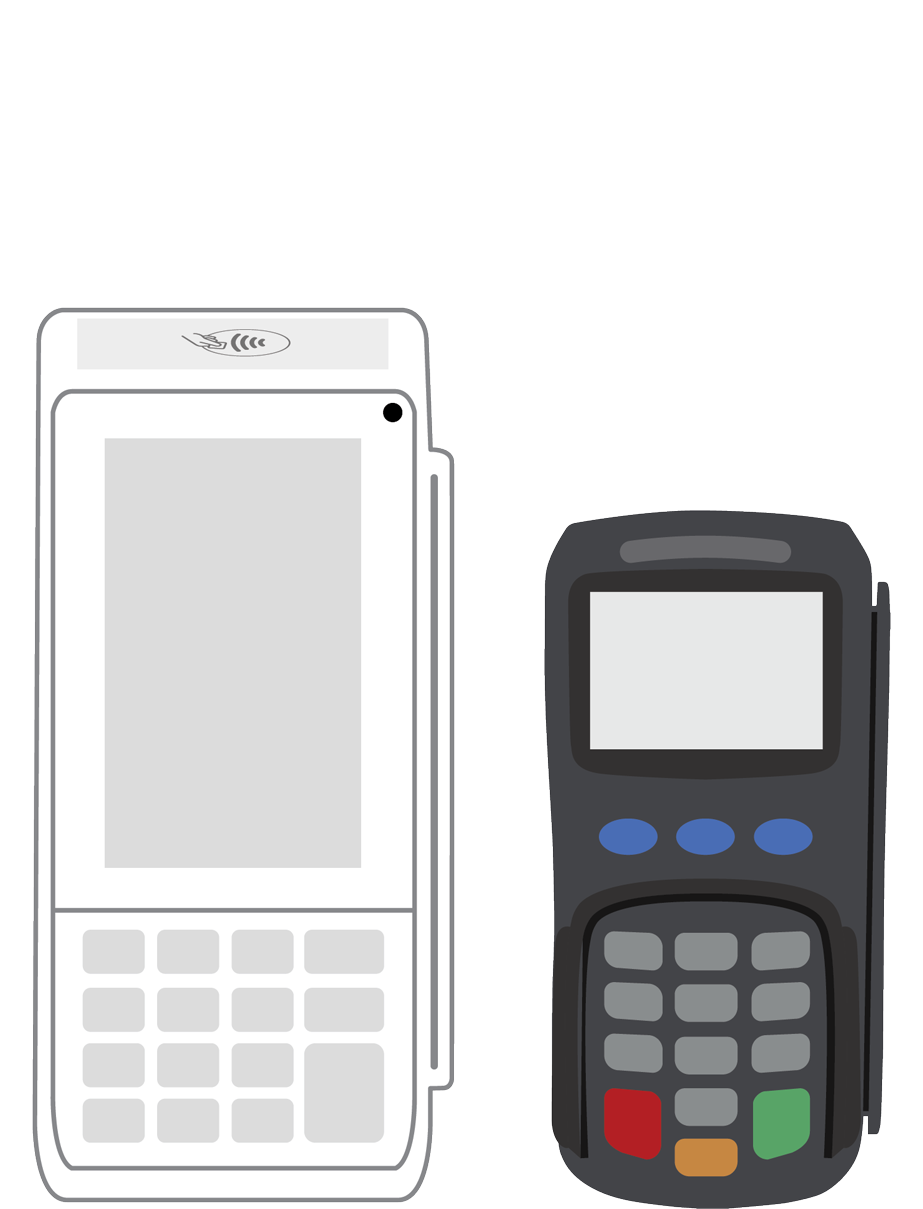The "smart" in smart terminals explained.

Modern technology has become so sophisticated that we now tend to imbue it with human personality traits such as intelligence. Given the scope and complexity of the tasks technology helps us to accomplish, this is not surprising. Take, for example, the so-called “smart” terminals that work in tandem with your other business systems. Thanks to the intricate combinations of software and hardware that go into these modern point of sale (POS) solutions, you can enhance virtually all of your internal company functions easily and affordably.
The differences between smart and traditional terminals.
When you initialize your smart terminal and set it up to communicate with your other systems, you will quickly realize its power and ease-of-use in comparison to your traditional POS hardware. For example, your previous system may have come with a steep learning curve when you first got it. Furthermore, you probably had to provide time-consuming training whenever you brought new staff members onto your team. It may have even become a financial drag on your business. Keeping your so-called “dumb” terminal maintained and upgraded was costly enough, but you also had no choice but to shell out big bucks to replace the hardware on a regular basis.
By contrast, smart terminals are designed with intuitive use in mind, making training fast and easy. Since the necessary software is cloud-based, upgrades can be installed automatically as soon as they are released, providing you with maximum protection against data breaches and other cyber attacks. In the unlikely event that a breach does occur, your smart terminal should be resilient enough to minimize the effects of a business interruption.
Integrations and cloud-based features.
Your past POS solution likely resided in your own private ecosystem. Although that may appear to be a safer option, the reality is that you are much more vulnerable to malware attacks if your data is stored on-site. Furthermore, you and your team don’t have as many export options when storing data onsite, meaning that you cannot access vital information securely when you are away from your store or office.
Compare that with a smart terminal that “lives” in a secure off-site location euphemistically known as, “the cloud”. In most cases, these services are run by third-party providers who operate under strict security guidelines, designed to keep your information and networks safe.
Thanks to this cloud-based system, you can access a multitude of powerful features that will benefit both you and your customers. These include emailable receipts and real-time inventory capabilities that can make stock tracking and reordering easy and less subject to human error.
Employee management features.
As a business owner, you know that your team is the backbone of your organization. Workers who are well-trained, passionate about their jobs, and “in the loop” about their schedules and vacation times will perform better, stay longer, and provide a high level of service to your valued customers.
Unfortunately, many aspects of employee management can be time-consuming and prone to errors on the part of both managers and employees. The good news is that the right smart terminal can seamlessly integrate with your other business systems to create and communicate schedules while providing streamlined data that your entire team can use. For instance, not everyone needs the same level of access to your various POS devices and networks. Your smart terminal can assist you with setting various levels of access and permissions to ensure that your workers can only view sensitive cardholder data if it is relevant to their job responsibilities.
In a matter of moments, you can produce a document that shows which of your employees are performing well and who is struggling. On a more granular level, you can see if a certain team member is excelling at moving a particular product, or if they rarely if ever sell another type of item. You can then use these findings to provide customized training to optimize each employee’s performance, thereby increasing your profits.
The beauty is that these reports can be tweaked and tailored to your specifications. The result is actionable, analytics-based data that can help your workers excel and raise your customer service standards at the same time.
Flexible hardware.
In the past, your legacy terminal was likely stationery – tethered to your countertop by the wires that connected it to the internet. Although it assisted you with accepting payments, it was cumbersome and limited.
On the other hand, a modern smart terminal can be markedly more streamlined and portable. In many cases, these devices operate off of hand-held or wireless smartphones or tablets that allow you and your team to “line burst” and accept payments throughout the store, around town, and even across the globe.
Most smart terminals use wifi connections that can securely interface with your local network. When your staff is free to carry a handheld smart terminal directly to a customer either in-store or elsewhere, they can provide instantaneous, targeted assistance during those crucial moments.
Security features.
Any company that stores, manages, or transmits customer data needs to take great pains to protect this sensitive information. Failure to do so can leave systems and information open to cyberattack, rendering you and your customers vulnerable. The results can be catastrophic for everyone involved.
Your cloud-based smart terminal is on the front lines helping to protect you from malicious cybercriminals. The provider who administers your payment system is required to adhere to strict guidelines designed to protect the privacy, confidentiality, and integrity of your customer data. These companies must pass a thorough audit that investigates their complete information security infrastructure, and it is within your rights to request documentation that they have completed this process.
Because your smart terminal is required to adhere to the Payment Card Industry Data Security Standard (PCI DSS), you can rest assured that the client and employee details that you store and/or transmit are as protected as possible from internal or external attack. Committing strong security controls and protocols through the use of a cloud-based smart terminal is one of the most effective steps you can take to streamline your operations and safeguard your vital digital assets.
 3-in-1 Reader |  Terminal |  Keypad |  PINPad Pro |  Flex |  POS+ | |
|---|---|---|---|---|---|---|
Payment types | ||||||
EMV chip card payments (dip) | ||||||
Contactless payments (tap) | ||||||
Magstripe payments (swipe) | ||||||
PIN debit + EBT | ||||||
Device features | ||||||
Built-in barcode scanner | ||||||
Built-in receipt printer | ||||||
Customer-facing second screen | ||||||
External pinpad | ||||||
Wireless use | ||||||
Network | ||||||
Ethernet connectivity | With dock | |||||
Wifi connectivity | ||||||
4G connectivity | ||||||
Pricing | ||||||
Free Placement | ||||||